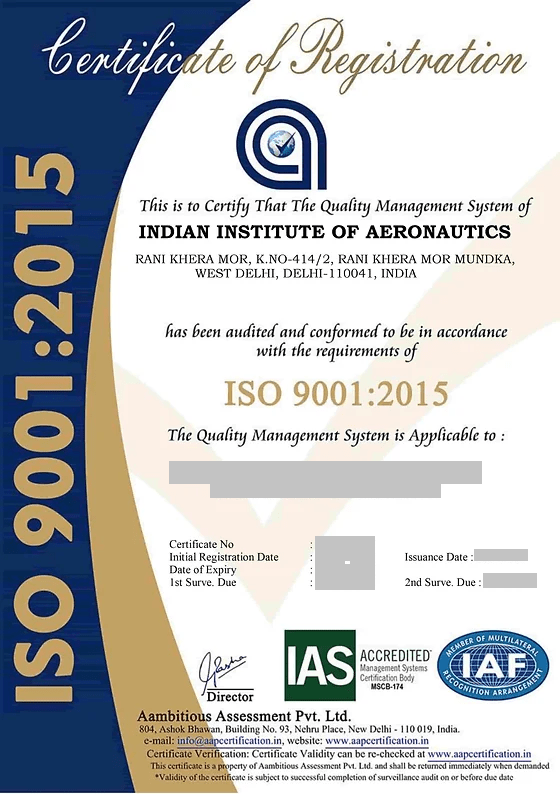Menu
Close
- Registrations
Company Registrations
-
Proprietorship FirmProprietorship Firm
-
Partnership FirmPartnership Firm
-
PVT LTD RegistrationPVT LTD Registration
-
OPC RegistrationOPC Registration
-
LLP RegistrationLLP Registration
-
Startup RegistrationStartup Registration
-
Society RegistrationSociety Registration
-
Udyam RegistrationUdyam Registration
Govt Registrations
-
Labour LicenseLabour License
-
GHMC Trade LicenseGHMC Trade License
-
Panchayath Trade LicensePanchayath Trade License
-
ISO RegistrationISO Registration
-
IEC Code RegistrationIEC Code Registration
-
ESI RegistrationESI Registration
-
PF RegistrationPF Registration
-
- Food License
FSSAI Registrations
-
Food License RegistrationFood License Registration
-
Food State LicenseFood State License
-
Food Central LicenseFood Central License
-
- Trademark
Brand Registrations
-
TradeMark RegistrationTradeMark Registration
-
Trademark ObjectionTrademark Objection
-
- Goods & Service Tax
GST Registrations
-
GST RegistrationGST Registration
-
GST Return FilingGST Return Filing
-
- Tax Compliances
Tax Returns Filing
-
Income Tax FilingIncome Tax Filing
-
Professional Tax RegistrationProfessional Tax Registration
-
- Our Profile
-
About UsAbout Us
-
Contact UsContact Us
-
Blog/Updates..Blog/Updates..
-
- Registrations
Company Registrations
-
Proprietorship FirmProprietorship Firm
-
Partnership FirmPartnership Firm
-
PVT LTD RegistrationPVT LTD Registration
-
OPC RegistrationOPC Registration
-
LLP RegistrationLLP Registration
-
Startup RegistrationStartup Registration
-
Society RegistrationSociety Registration
-
Udyam RegistrationUdyam Registration
Govt Registrations
-
Labour LicenseLabour License
-
GHMC Trade LicenseGHMC Trade License
-
Panchayath Trade LicensePanchayath Trade License
-
ISO RegistrationISO Registration
-
IEC Code RegistrationIEC Code Registration
-
ESI RegistrationESI Registration
-
PF RegistrationPF Registration
-
- Food License
FSSAI Registrations
-
Food License RegistrationFood License Registration
-
Food State LicenseFood State License
-
Food Central LicenseFood Central License
-
- Trademark
Brand Registrations
-
TradeMark RegistrationTradeMark Registration
-
Trademark ObjectionTrademark Objection
-
- Goods & Service Tax
GST Registrations
-
GST RegistrationGST Registration
-
GST Return FilingGST Return Filing
-
- Tax Compliances
Tax Returns Filing
-
Income Tax FilingIncome Tax Filing
-
Professional Tax RegistrationProfessional Tax Registration
-
- Our Profile
-
About UsAbout Us
-
Contact UsContact Us
-
Blog/Updates..Blog/Updates..
-








